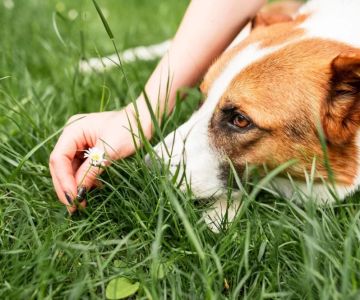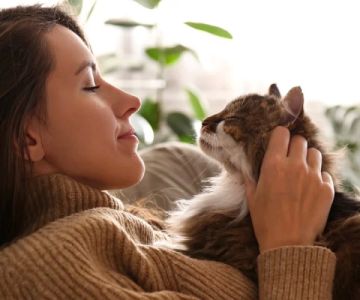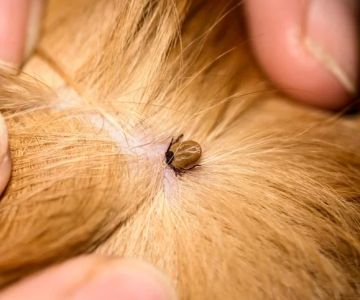- 1. The Importance of Preventing Obesity in Cats
- 2. Common Causes of Obesity in Cats
- 3. Effective Tips for Preventing Pet Obesity in Cats
- 4. The Role of Diet and Exercise in Preventing Obesity
- 5. Consulting Veterinary Experts for Pet Obesity
- 6. Practical Examples and Success Stories
1. The Importance of Preventing Obesity in Cats
Obesity is one of the most common health issues among cats today, and it's not just about appearance. Carrying excess weight can lead to a range of severe health problems such as diabetes, joint issues, and heart disease. Preventing obesity ensures a longer, healthier life for your feline companion, and it improves their overall quality of life. It's essential to take proactive measures to keep your cat fit and active from an early age.
2. Common Causes of Obesity in Cats
Understanding the root causes of obesity is the first step in preventing it. There are several reasons why cats may become overweight:
1. Overfeeding: Many owners tend to feed their cats more than necessary, believing that extra food will keep them satisfied or happy. However, overfeeding leads to weight gain.
2. Lack of Exercise: Cats are natural hunters, and without sufficient play and exercise, they are likely to gain weight.
3. Genetic Factors: Some breeds of cats are more prone to obesity, and certain genetic factors may also play a role.
4. Health Issues: Certain conditions such as hypothyroidism can contribute to weight gain in cats.
3. Effective Tips for Preventing Pet Obesity in Cats
Preventing obesity requires a combination of diet control, exercise, and regular monitoring of your cat's health. Here are some practical tips to help you keep your cat healthy and active:
1. Control Food Portions: Measure out your cat's food according to the recommendations of your veterinarian. Avoid free-feeding, which can lead to overeating.
2. Provide a Balanced Diet: Ensure your cat's food is nutritionally balanced and suitable for their age, weight, and activity level. Cats need high-quality protein and limited carbohydrates to maintain a healthy weight.
3. Encourage Active Play: Engage your cat in daily playtime. Use toys like feather wands, laser pointers, or cat trees to stimulate their hunting instincts and keep them active.
4. Regular Vet Checkups: Schedule annual or bi-annual visits to the vet to monitor your cat's weight and overall health. Early detection of weight gain or other health issues can prevent serious complications.
4. The Role of Diet and Exercise in Preventing Obesity
Diet and exercise are the two pillars of obesity prevention in cats. It's important to provide your cat with a well-balanced diet that is appropriate for their age and activity level. Overweight cats may benefit from switching to a weight management formula that contains fewer calories and higher fiber.
Exercise plays a vital role in keeping your cat lean and fit. Regular playtime not only helps burn calories but also strengthens muscles and improves overall health. Encourage your cat to be active by providing toys, climbing structures, and opportunities to explore.
5. Consulting Veterinary Experts for Pet Obesity
When in doubt, always consult with a veterinary professional. They can help you develop a customized weight management plan for your cat, taking into account their specific needs and medical history. If your cat is already overweight, your vet may recommend a weight loss program, which may include a special diet and exercise plan tailored for your cat’s health.
At Hidden Brook Veterinary, our team of experts is ready to guide you on the best practices for keeping your cat healthy. We offer consultations, dietary advice, and specialized services for your pet's well-being.
6. Practical Examples and Success Stories
Success stories from other pet owners can inspire you to take action. For instance, a cat named Max had struggled with obesity for years. His owners, after consulting with their veterinarian, switched his diet to a high-protein, low-carb formula and increased his playtime. Within six months, Max had lost 10% of his body weight, significantly improving his mobility and overall health.
Such transformations are possible when pet owners take proactive steps in managing their cats' health. With the right approach, you too can ensure your cat maintains a healthy weight and lives a long, happy life.











